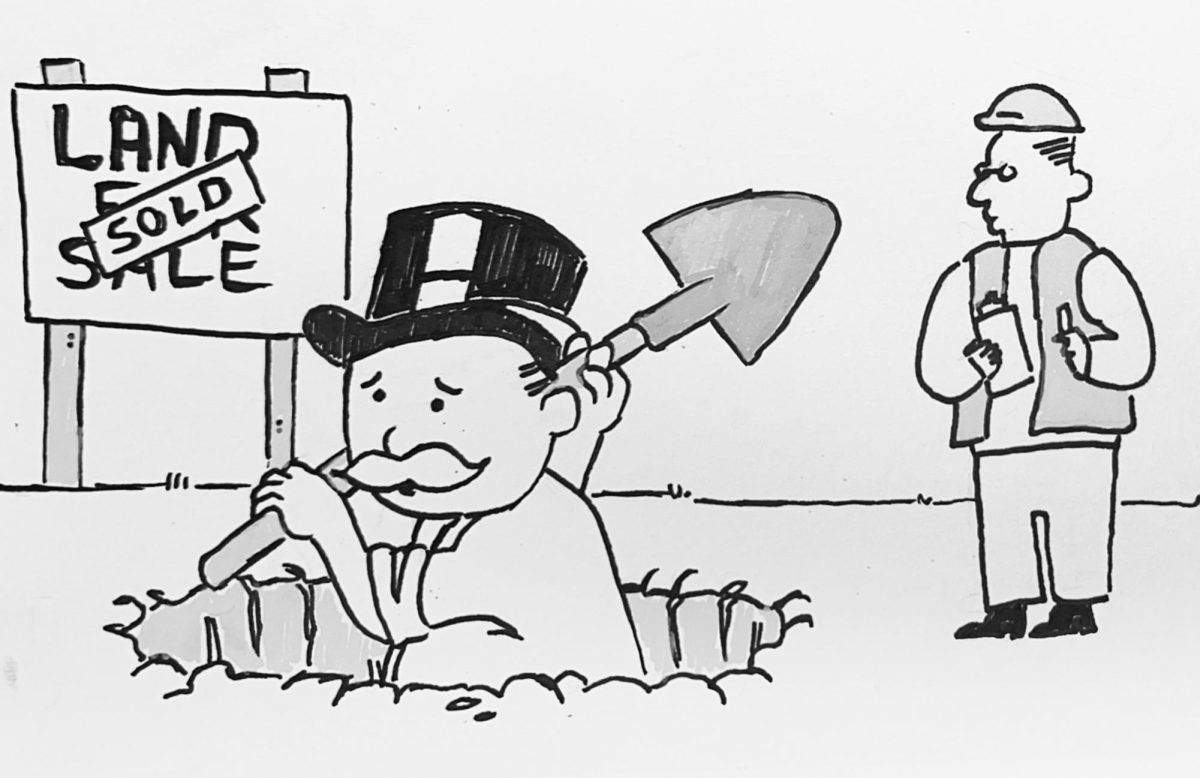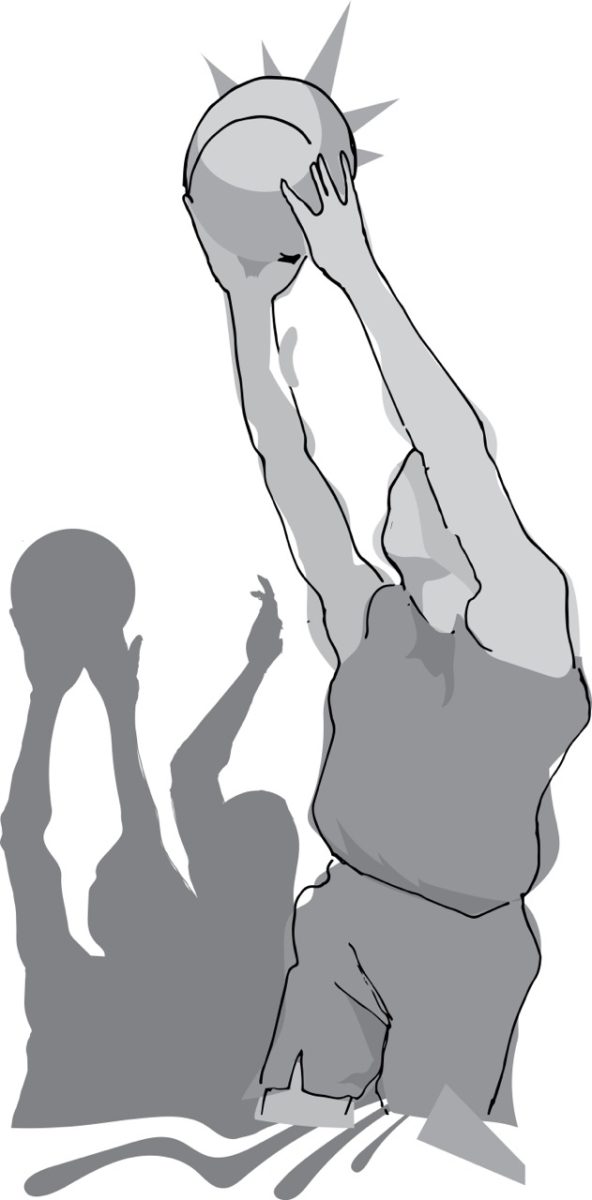In 2009, a 6.3 magnitude earthquake killed more than 300 people in L’Aquila, Italy. It also destroyed many of its historic buildings, along with a university dormitory and a hospital.
An earthquake of that magnitude wouldn’t have made it to the front pages in a place like Japan, where nearly every building is designed according to anti-seismic standards; here it probably would have been on the news for about a week, and afterwards quickly forgotten by the general public. What makes this earthquake special is that early this month seven Italian seismologists began their trial for failing to warn L’Aquila’s residents about the earthquake. They are facing charges of manslaughter, punishable by fifteen years in prison, and, in a separate case, the possibility of paying $31.6 million in damages.
Before the earthquake, these seismologists as well as other government officials were part of a committee that was organized in response to a three-month series of small tremors. Their goal being to evaluate the risk of a large earthquake hitting L’Aquila, the seismologists told the committee that the possibility could not be totally ruled out. This statement went in sharp contrast to what was said in a subsequent press conference, where one of the committee members told the media that the situation posed no danger, his logic being that the small tremors were dissipating energy and decreasing the probability of a large earthquake. The other seismologists knew that statement to be scientifically incorrect; however, no one said anything to the contrary. The rumor wound up spreading throughout all of L’Aquila, and six days later, when the big quake happened, many people remembered what was said in the press conference and stayed indoors.
Today the people of L’Aquila are demanding that someone be held accountable for not warning them of the danger: but the question is who. Fingers are pointed in all directions: the quidnunc that began the rumor; the seismologists who neglected to correct him; or the government officials whose jobs were to enforce anti-seismic building standards, as well as take general precautions despite the low probability of an earthquake.
In my view, all these people are collectively at fault, but I don’t think they should be punished for it. Instead, these scientists and government officials should be charged with coming up with a new warning system, something like a seismological forecast that can give people scientifically founded, transparent and real-time risk assessments of seismic activity. There would be of course a large margin of error, but at least it would deter any kind of rumor from spreading the way it did after the press conference. It could be broadcasted through the internet and television, and it could even be put on billboards, much like the fire danger signs we have scattered throughout the United States.
Punishing these seismologists has the possibility of antagonizing the scientific community inside and outside of Italy. If scientists are afraid of sharing their expertise in a political environment where they face the possibility of being punished, the only outcome can be catastrophe. In an era when global warming is changing and augmenting weather systems throughout the world and when more and more people are living in high-risk areas, scientists who are experts in their field and governments whose job is to maintain public welfare should be working more in tandem than they are now. To keep unpredictable natural (and unnatural) phenomena from decimating the world’s population, governments need to admit that they need scientists.










